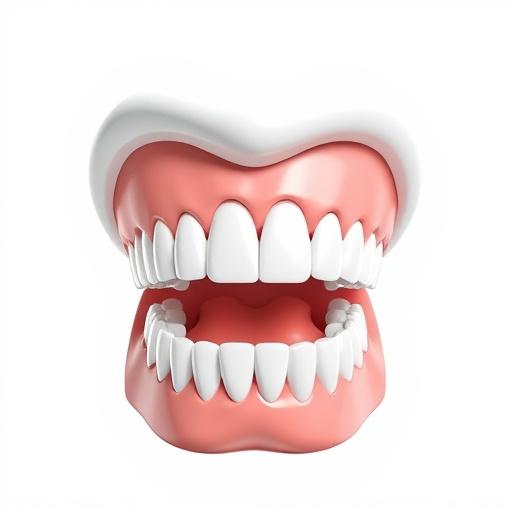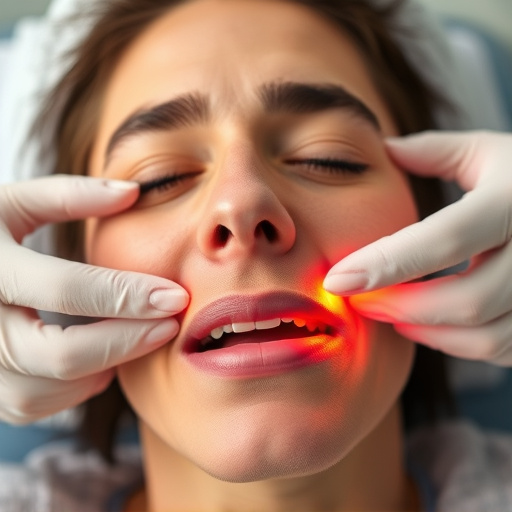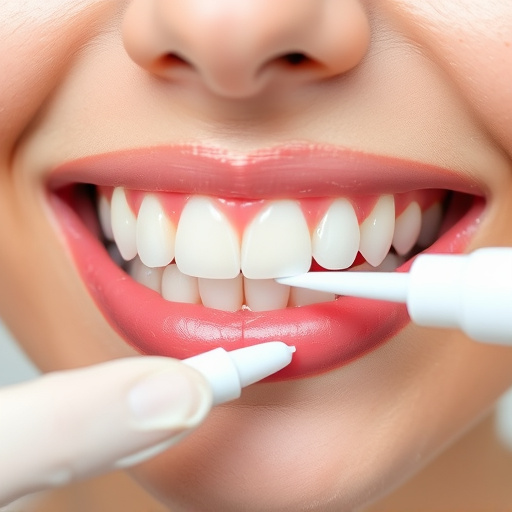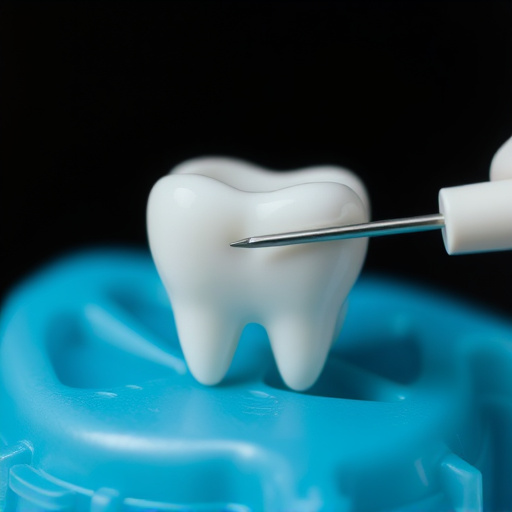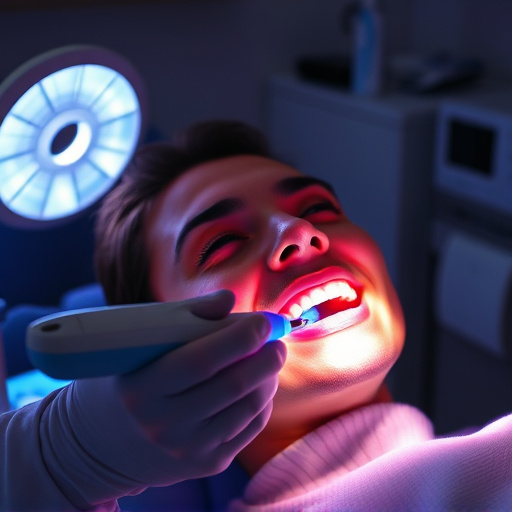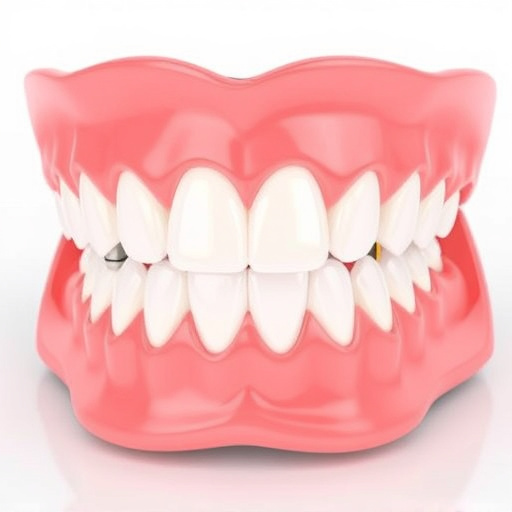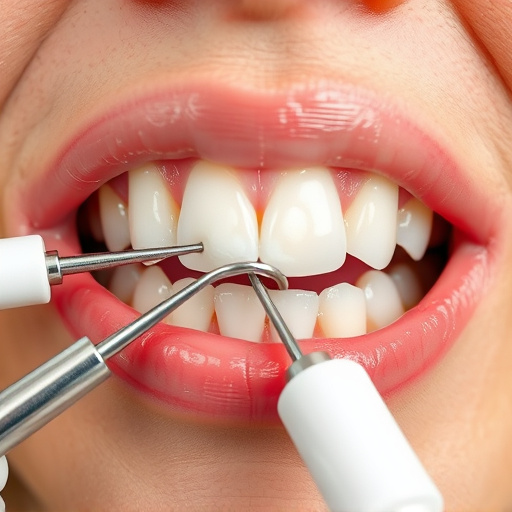Dental crowns and bridges, essential for restorative and preventive dentistry, range in cost based on material type (e.g., porcelain vs. metal) and treatment complexity. Simple procedures like single crowns ($500-$3,000) are less expensive than bridgework ($1,000-$5,000 per tooth). Regular oral hygiene prevents complex treatments, keeping costs down. A consultation with a dentist is crucial for understanding individual dental crown and bridge pricing.
“Uncovering the costs behind dental crowns and bridges is essential for informed decision-making regarding your oral health. This article guides you through the process, offering insights into what these procedures entail and how their pricing structures work. From understanding the materials used to factoring in labor costs, we break down the elements influencing the expense. Whether considering a crown or bridge, this resource ensures you’re prepared to navigate the financial aspects, empowering you to make confident choices for your smile’s restoration.”
- What Are Dental Crowns and Bridges?
- Factors Affecting the Cost of Dental Crowns and Bridges
- Understanding the Pricing Breakdown
What Are Dental Crowns and Bridges?
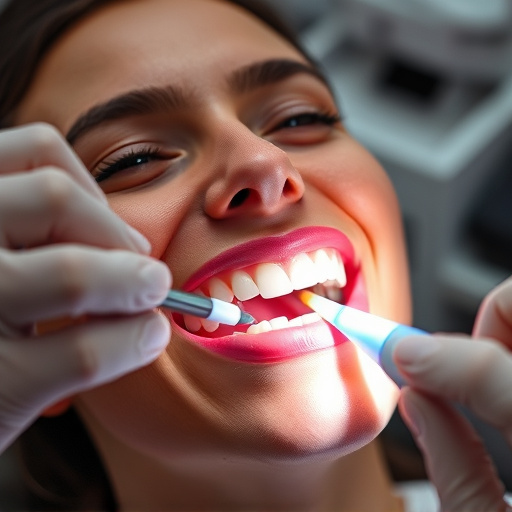
Dental crowns and bridges are essential components of restorative dentistry, designed to enhance both the functionality and aesthetics of your smile. A dental crown, fittingly named for its cap-like appearance, is a custom-made covering placed over a damaged or decayed tooth to restore its shape, size, and strength. On the other hand, a bridge refers to a replacement tooth (or teeth) that fills the gap left by one or more missing dentition. These procedures are not just about aesthetics; they play a crucial role in maintaining the structural integrity of your mouth, preventing further damage and preserving the natural alignment of your jaw.
Children’s dentistry often involves crowns and bridges for similar reasons but with a focus on long-term development. Routine oral exams can help identify early signs of decay or damage, making these interventions more timely and less invasive. General dentistry practices emphasize preventive care, including crowns and bridges as necessary components of a comprehensive oral health strategy for patients of all ages.
Factors Affecting the Cost of Dental Crowns and Bridges
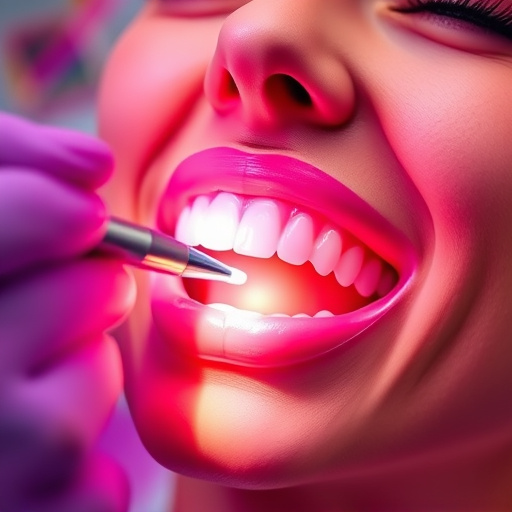
The cost of dental crowns and bridges can vary significantly depending on several factors. One of the primary considerations is the type of material used. While porcelain or ceramic crowns offer a natural look, they tend to be more expensive than metal options like gold or silver. Additionally, complex cases requiring multiple visits, advanced techniques, or specialized materials will naturally drive up costs.
Another crucial factor is the complexity of the restoration needed. Simple dental crowns and bridges typically involve fewer steps and materials, making them less costly. Conversely, situations that include tooth extractions, prior dental fillings, or poor oral health may necessitate more extensive procedures, thereby increasing overall expenses. Therefore, a comprehensive consultation with your dentist is essential to understand the specific costs associated with your unique dental needs.
Understanding the Pricing Breakdown
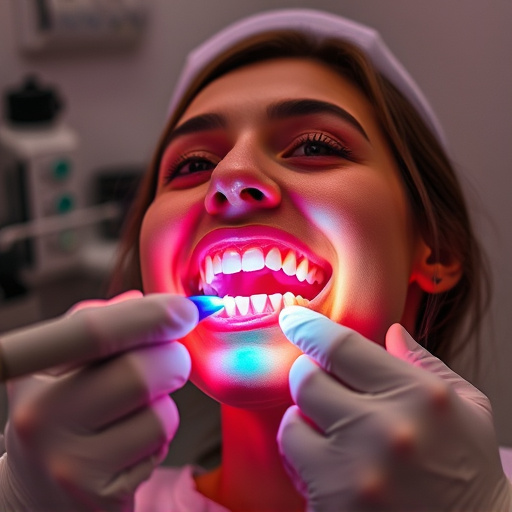
When considering dental crowns and bridges, understanding the pricing breakdown is essential for making informed decisions about your oral health. The cost can vary greatly depending on several factors, including the type of material used, the complexity of the procedure, and whether it’s considered a cosmetic or emergency dental care procedure. For example, gold and porcelain are premium materials that come at a higher price point compared to base metal alloys or composite resin, often used for more affordable, yet durable solutions.
Moreover, individual teeth or bridgework can have varying costs within each material category. A single crown might range from $500 to $3,000, while a bridge typically costs between $1,000 and $5,000 or more per tooth, depending on the number of units required. It’s important to note that these prices are not set in stone; regular teeth cleaning and proper oral hygiene can prevent extensive procedures like crowns and bridges, thereby keeping costs lower. Additionally, emergency dental care might come at a premium due to urgent needs and after-hours services.
Dental crowns and bridges are essential restorative procedures, offering both functional and aesthetic benefits. By understanding the factors influencing their cost—such as material choices, complexity of treatment, and geographic location—patients can make informed decisions regarding their oral health investments. Knowing the pricing breakdown empowers individuals to choose the best option for their budget while ensuring they receive quality care tailored to their needs.


